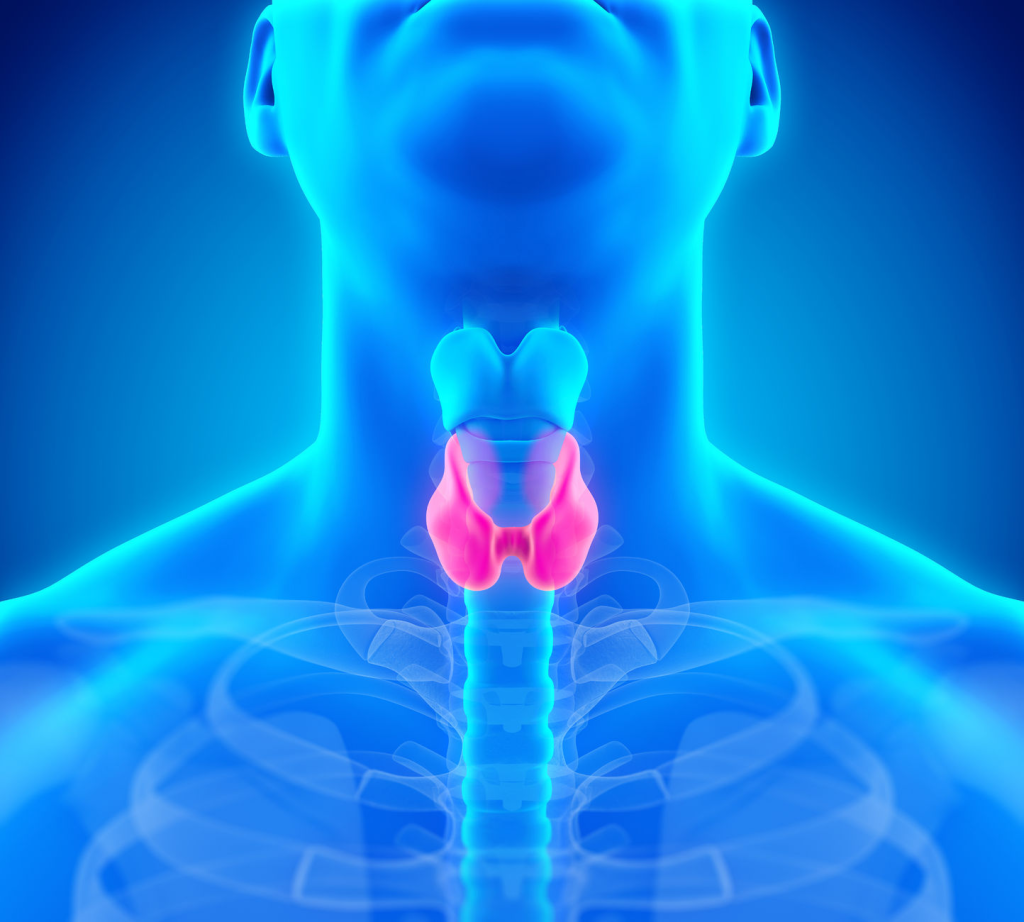Introduction
Iodine is a necessary mineral that is important to the thyroid gland’s healthy operation. Hypothyroidism, characterized by an underactive thyroid, can be influenced by iodine deficiency. The manufacture of thyroid hormones, which control metabolism, growth, and development, depends on an adequate intake of iodine. Incorporating iodine-rich foods into your diet is a practical approach to support thyroid health and manage hypothyroidism. By ensuring a sufficient intake of iodine, individuals with hypothyroidism can potentially alleviate symptoms and maintain optimal thyroid function.
In this article, we will explore the importance of iodine in hypothyroidism and provide practical tips on how to incorporate iodine-rich foods into your diet. Understanding the significance of iodine and making informed dietary choices can contribute to better thyroid health and overall well-being.
What is hypothyroidism?
- Hypothyroidism Is A Medical Condition : Hypothyroidism is a medical condition characterized by an underactive thyroid gland, which is located in the neck and produces hormones that regulate metabolism. The thyroid gland plays a vital role in various bodily functions, including energy production, growth, and the functioning of organs and tissues.
- Hashimoto’s Thyroiditis : In hypothyroidism, the thyroid gland does not produce enough thyroid hormones, specifically thyroxine (T4) and triiodothyronine (T3). This deficiency can result from an autoimmune condition called Hashimoto’s thyroiditis, where the immune system attacks the thyroid gland, or it can be caused by other factors such as certain medications, iodine deficiency, or previous thyroid surgery.
Symptoms of hypothyroidism
- Fatigue And Weight Gain : Hypothyroidism can manifest through various symptoms, including fatigue, weight gain, sensitivity to cold, dry skin, constipation, muscle weakness, depression, memory problems, and a slower heart rate.
- Thinning Hair, Brittle Nails : Other signs may include thinning hair, brittle nails, hoarse voice, puffiness in the face, and a generalized feeling of sluggishness or low energy. Women may experience irregular menstrual cycles, heavy periods, or fertility issues. It’s important to note that symptoms can vary among individuals, and some may have subtle or atypical presentations. If you suspect you have hypothyroidism, it is advisable to consult with a healthcare professional for an accurate diagnosis and appropriate management.

Treatment of hypothyroidism
- Hormone Replacement Therapy : The primary treatment for hypothyroidism involves hormone replacement therapy. Synthetic thyroid hormones, typically levothyroxine (T4), are prescribed to replace the insufficient hormone production by the thyroid gland. The medication is taken orally once a day to restore normal thyroid hormone levels in the body.
- Regular Blood Tests : Regular blood tests are conducted to monitor hormone levels and adjust the dosage as needed. It’s important to take the medication consistently and as prescribed by a healthcare professional. With proper treatment, most individuals with hypothyroidism can effectively manage their condition, alleviate symptoms, and maintain a healthy thyroid function.
Hypothyroidism diet
“Hypothyroidism diet,” making certain dietary choices can support thyroid health. Here are some foods that may be beneficial for individuals with hypothyroidism:
- Iodine-rich Foods : Iodine is essential for thyroid hormone production. Incorporate iodine-rich foods like seaweed, iodized salt, fish, and dairy products into your diet. However, be cautious not to exceed the recommended daily intake of iodine.
- Selenium-rich Foods : Selenium is necessary for converting T4 hormone to the active T3 form. Brazil nuts, sardines, eggs, and legumes are good sources of selenium.
- Zinc-rich Foods : Zinc is involved in thyroid hormone production. Include foods like oysters, beef, pumpkin seeds, and lentils to ensure sufficient zinc intake.
- Antioxidant-rich Foods : Hypothyroidism is associated with increased oxidative stress. Consume fruits and vegetables rich in antioxidants, such as berries, spinach, kale, and bell peppers.
- Foods With Omega-3 Fatty Acids : These healthy fats have anti-inflammatory properties. Incorporate fatty fish (salmon, sardines), flaxseeds, chia seeds, and walnuts into your diet.
Also Read: The Surprising Link Between Obesity and Oral Cancer Immune Escape Revealed in New Study
Conclusion
iodine plays a vital role in maintaining proper thyroid function, and ensuring sufficient iodine intake is crucial for individuals with hypothyroidism. Iodine deficiency can contribute to the development or exacerbation of hypothyroidism symptoms. By incorporating iodine-rich foods into your diet, such as seaweed, iodized salt, fish, dairy products, and eggs, you can support thyroid health.








